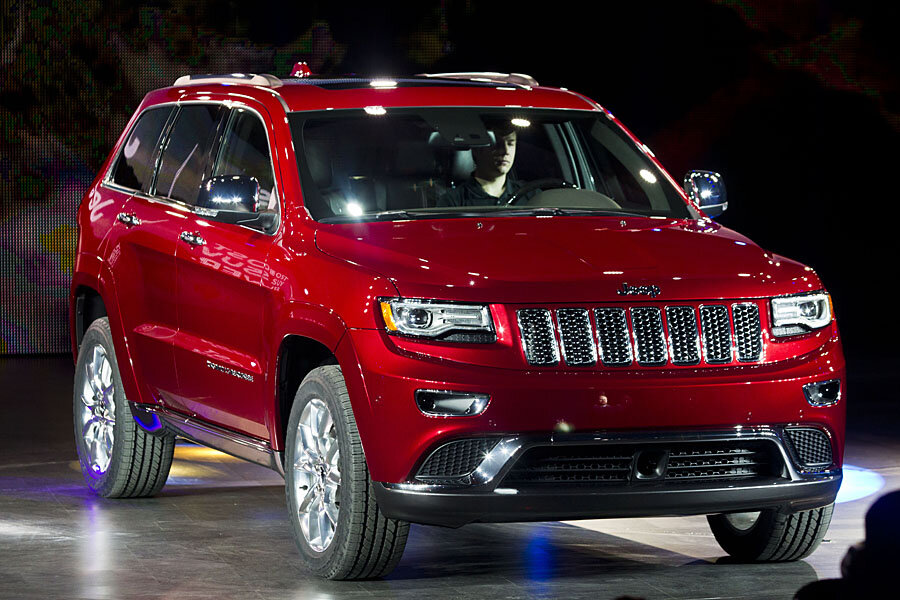Seatbelts, an essential vehicle safety component, are designed to protect occupants by reducing the risk of fatal injury in the event of a collision. However, reports of seatbelt defects in certain Jeep models have arisen, potentially compromising this crucial safety feature. This issue has led to multiple recalls and even sparked a Jeep lawsuit.
The Seat Belt Defects
The reported seatbelt defect predominantly involves a component known as the “wave disc.” This part may be misshapen in the affected Jeeps, potentially weakening the seatbelt’s hold.
Another significant issue concerns the front seat belt retractors, which may fail to engage properly in the event of a crash. Consequently, vehicle occupants may not be adequately secured, heightening the risk of severe injuries in a collision. The Jeep models reported these seatbelt defects include the 2013-2015 Jeep Grand Cherokee and Dodge Durango vehicles.
Manufacturer & Regulatory Response
In response to these defects, FCA issued recalls for the affected vehicles. Owners received notifications regarding these recalls, and dealers were directed to substitute the malfunctioning seatbelt parts at no expense. The National Highway Traffic Safety Administration (NHTSA) has been actively observing the situation, strongly suggesting that owners of the affected models get their vehicles repaired without delay.
Beyond the recalls, a legal action involving Jeep has been initiated, representing those who own 2013-2015 Jeep Grand Cherokee and Dodge Durango vehicles. This lawsuit aims to achieve financial recompense for the flawed seatbelts that don’t retract as they should.
What Jeep Owners Should Do
If you own one of the affected models, getting your vehicle inspected and fixed immediately is crucial. Contact your local dealership or Jeep directly for more information on how to proceed. If you have not received a recall notice but suspect your vehicle might be affected, you can check the NHTSA’s website using your Vehicle Identification Number (VIN).
In light of the Jeep lawsuit, owners of the 2013-2015 Jeep Grand Cherokee and Dodge Durango may also be eligible for compensation due to these defective seatbelts. It’s recommended to consult with a legal professional if you believe you’re eligible.
Frequently Asked Questions (FAQ)
Q1: What is the Jeep seatbelt defect?
The defect predominantly involves a part known as the “wave disc,” which may be misshapen, potentially weakening the seatbelt’s hold. Also, the front seat belt retractors may not lock as intended during a crash, leading to inadequate restraint of the vehicle occupants.
Q2: What is the Jeep lawsuit about?
The Jeep lawsuit has been filed on behalf of owners of the 2013-2015 Jeep Grand Cherokee and Dodge Durango vehicles. It seeks compensation for the defective seatbelts that are unable to retract properly.
Q3: What should I do if I own one of the affected models?
Ensuring prompt inspection and repair of your vehicle is of utmost importance. For further guidance on the next steps, we recommend contacting your local dealership or Jeep for detailed information. Consult a legal professional if you’re eligible due to the Jeep lawsuit.
Navigating the Jeep Lawsuit Landscape: A Conclusion for Jeep Owners
Maintaining awareness of all recalls or safety advisories linked to your vehicle is key for your security while driving. If you are the holder of any impacted Jeep models, it’s urgent to deal with these seatbelt shortcomings immediately. Remember, your safety and the safety of other drivers could rely on this.

